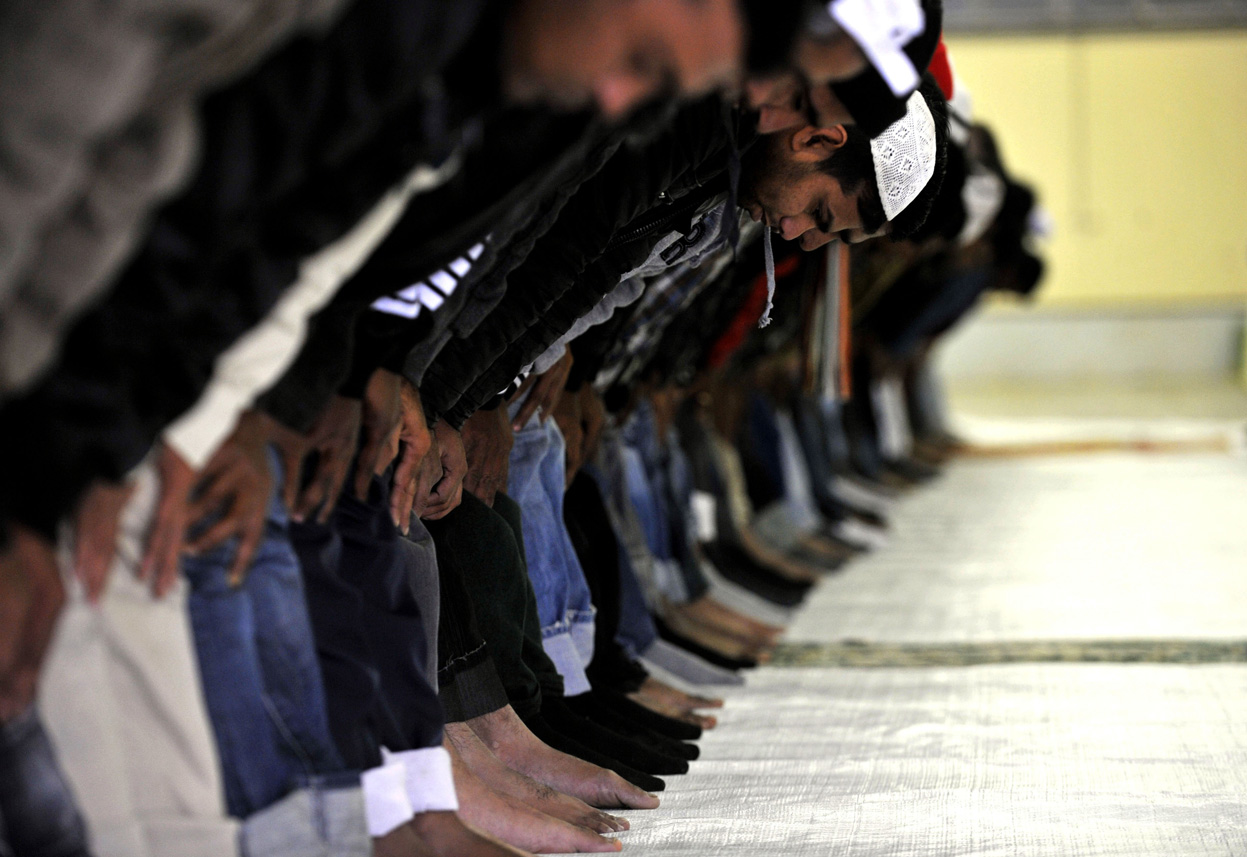Quora Answer: Have I Committed Shirk by Celebrating Halloween?

بِسۡمِ ٱللهِ ٱلرَّحۡمَـٰنِ ٱلرَّحِيمِ The following is my answer to a Quora question: “ I never knew Halloween was a pagan festival and I used to celebrate it all the time. Have I been commuting shirk ? ” Shirk is the act of attributing power or authority to other than Allah ( s.w.t. ). You cannot accidentally commit shirk anymore than you can accidentally worship another deity. I would assume you celebrated Halloween as a commercial event, attending parties. That is not shirk . It would be shirk if your celebration of Halloween in the manner of the ancient druidic tradition of Samhain, and engaged in human sacrifice and offerings to the Tuath Dé.














